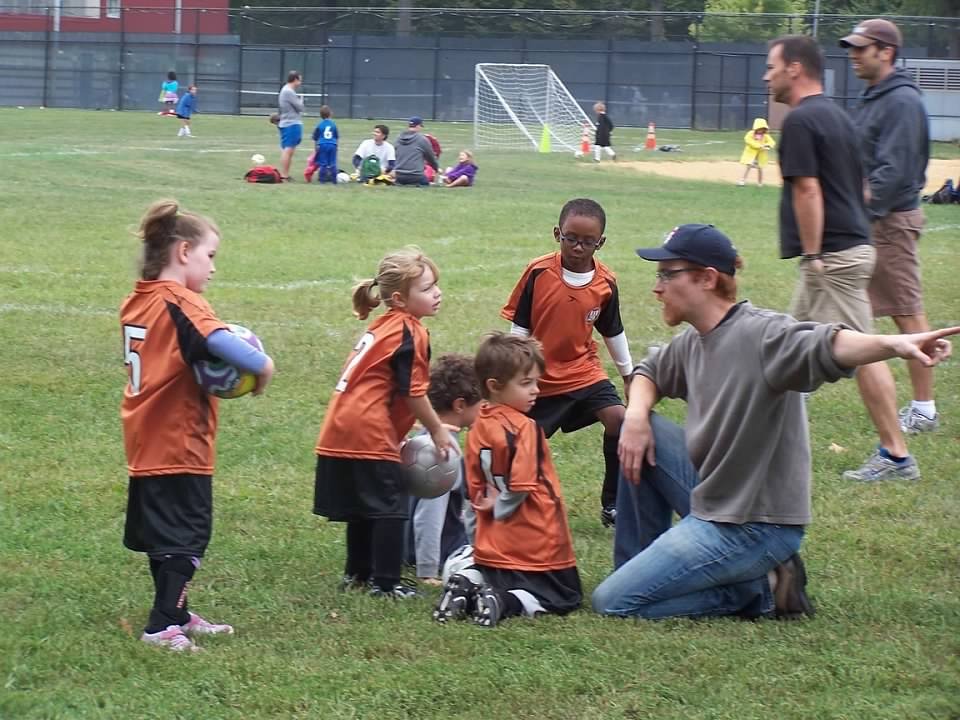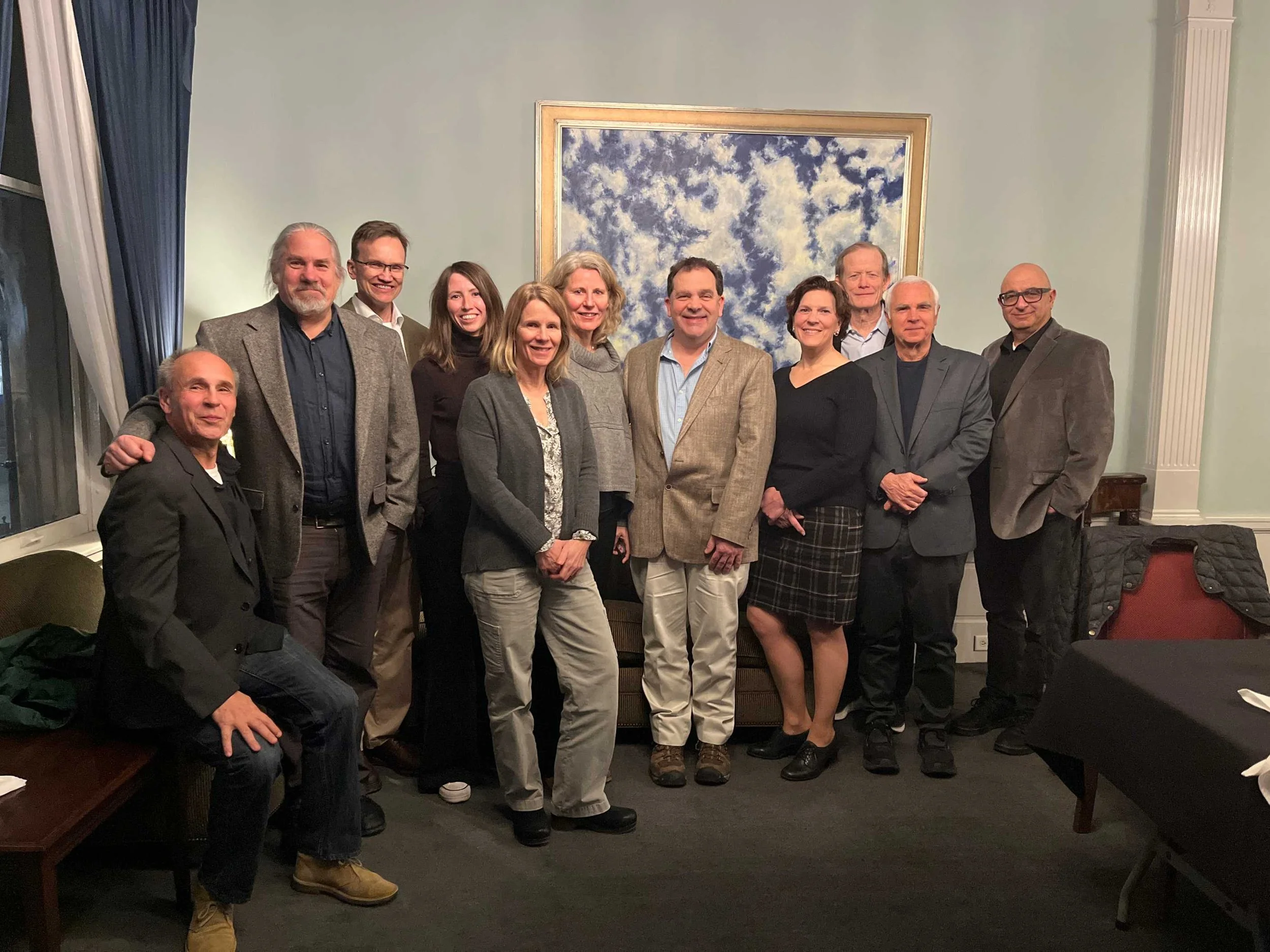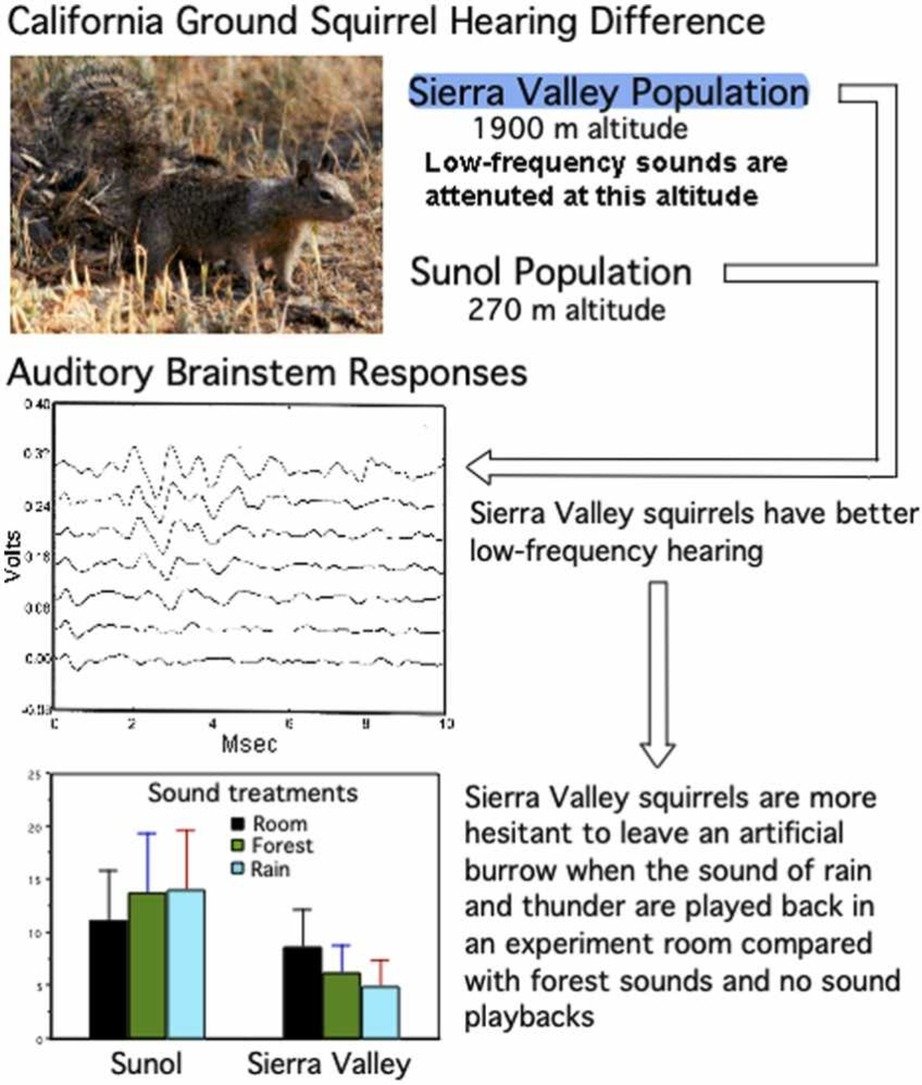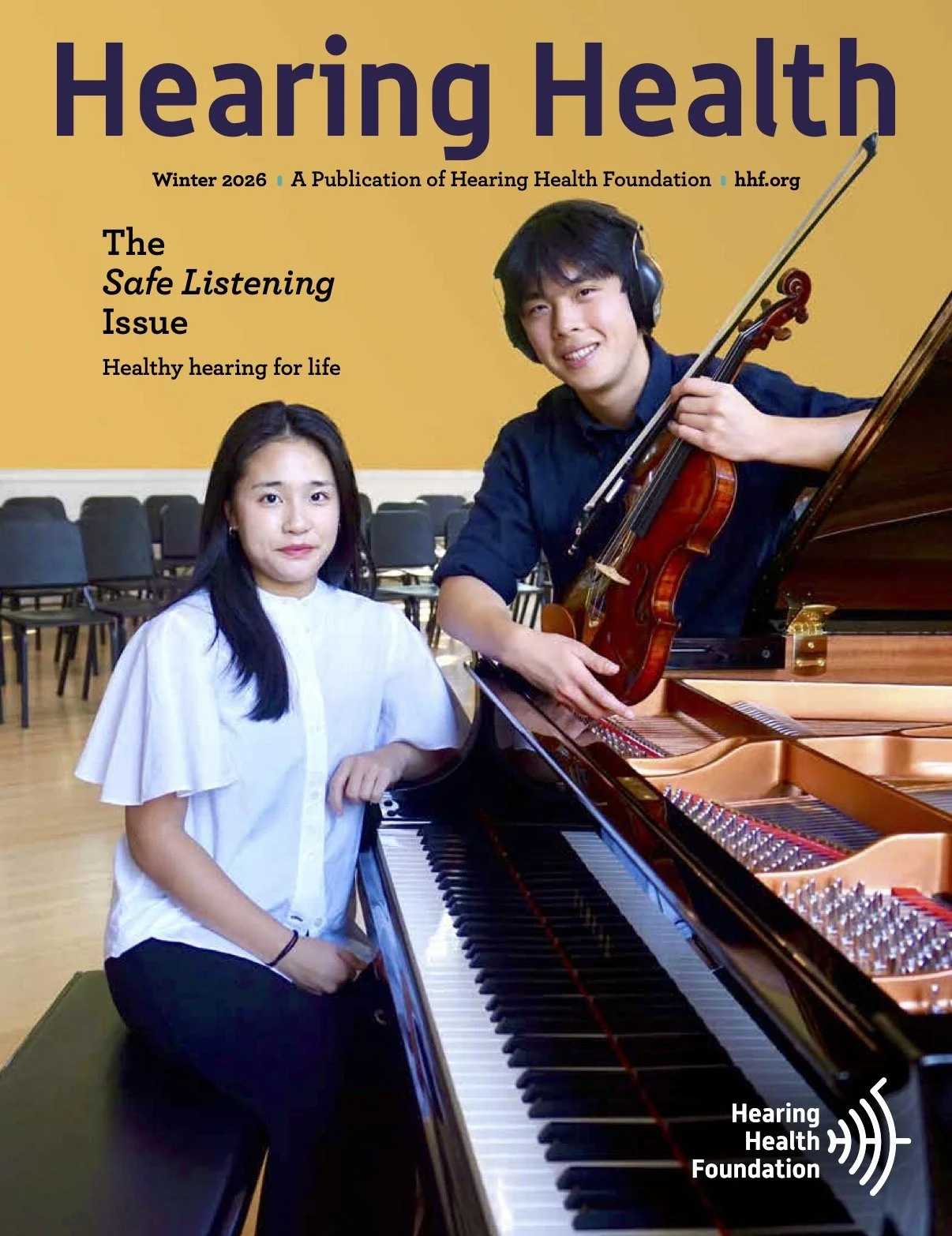By Mark J. Miller
TV’s “The Six Million Dollar Man” was a bit of a savior to me back when I was a kid in the ’70s. The show followed a former astronaut who gets rebuilt after an errant test flight with “bionics” that make him extra strong and extra fast. He, of course, becomes a secret agent and viewers often got to see the electronics embedded in his skin.
Mark in elementary school.
Meanwhile, I was walking around with a massive Zenith hearing aid under my shirt and a wire popping out of my collar and up to my ear. It helped to be able to tell other kids I was like the Bionic Man. I’d pretend to be able to hear conversations two rooms over through my before-its-time wearable tech. The ruse only worked for so long, but at least we got a few laughs out of it.
I was born with a bilateral, mild-to-profound, sensorineural loss due to branchiootorenal syndrome, a rare syndrome that can affect your hearing and kidneys; my audiogram looks like a double-black-diamond ski slope. For some unknown reason, I only wore one hearing aid for most of my childhood, but eventually graduated to two behind-the-ear aids and then in-the-canal outfits once I graduated from college and had a little dough (stress on “little”).
One of my sisters is also hard of hearing but we didn’t compare notes too often about our predicament. Other than her, I didn’t meet anyone else who was hard of hearing until my senior year of high school when a girl noticed my hearing aid and told me she had one, too. I was completely stunned into silence, not knowing what to say. I still feel bad about it.
As an adult, I spent 25 years in the world of magazine and website publishing and absolutely loved it, but a strange thing happened. A good friend who is a teacher kept encouraging me to become a teacher, too, after seeing how much I enjoyed coaching the soccer team our young daughters played on together. While I liked the idea, I also didn’t want to take on a classroom, where it would be hard to hear students in the back.
A good friend who is a teacher kept encouraging me to become a teacher, too, after seeing how much I enjoyed coaching our soccer team with our daughters (mine is #2 above).
Truth be told, I didn’t want to deal with actually managing the emotional roller coaster of 30 kids, either. Plus, I loved what I did. Every day as a writer was a new adventure with new stories to tell. Then I got a phone call from my pal.
“A woman came into my classroom today who is something called a hearing teacher. Have you heard of such a thing?”
Well, no, I hadn’t. And so we talked about what hearing teachers do and the potential impact you can have when working one to one or in small groups and, well, it sounded interesting and also covered the giving back base. I never had a hearing teacher, but I wish I had. I loved journalism, but I love this, too. Like my past life, each day brings new characters, new adventures, and new stories. It is an honor to try and help these kids try to figure out where they fit in and how to be sure to hear to the best of their abilities. Perhaps my work now is a way to make up for leaving my hard of hearing classmate hanging all those years ago.
So now I get to hear the stresses of today’s young hard of hearing kids and relate it back to my own concerns. The world has obviously changed with digital, Bluetooth, and even accessories to aids that make them look like tiny basketballs. When I found myself in the hearing-teacher world, I found that I was going and reading a ton of hearing-related articles that were extremely helpful, whether it was to show students some of the cool jobs hard of hearing adults held, to keep up on the tech and political changes happening in the Deaf/hard of hearing world, or discover all the different forms advocacy could take. I figured my colleagues could use this same info so I created a little in-house newsletter, which evolved into the Hear Ye website.
It's pretty rudimentary, but the basic idea is there: provide a central point of deaf and hard-of-hearing news so people can find it in one place. I try to update it a few times during the course of the week. Some weeks I’m more successful with that than others. While the audience is very specialized, it feels good to know that I’m helping someone out there find the information.
Being hard of hearing has certainly shaped who I am. One of the most important lessons I have with my students is discerning the difference between hearing and listening. In the end, we discover that just because we don’t have great hearing doesn’t mean we can’t be great listeners. Most people, hearing or not, aren’t good listeners, but I believe it’s crucial that we all work on this dying art (even if we can’t exactly make out what’s being said two rooms away).
Mark J. Miller is a hearing teacher in the New York City school system.








It seems paradoxical that a hearing condition intended to work against me could give me the power to truly understand music, but this battle has taught me more about positivity and hope than any motivational speech could.